Living Memorial: Memorial University and the meaning of remembrance
Apr. 26
Memorial University was founded as a living memorial to those who made the ultimate sacrifice in the First World War. As time passed, the university was rededicated to memorialize those who served in the Second World War and subsequent conflicts as well.
This event will bring together speakers from various backgrounds to explore the significance of remembrance—as a founding principle of the university’s identity and in a broader cultural context. Through shared stories, historical reflection and discussions on the evolving nature of commemoration, we will consider how Memorial continues to uphold its obligations to both the past and the future.
Following the panel attendees are invited to join us for a reception in the QEII Library lobby, where staff will host an exhibition of our WWI artifacts and special collections.
This event is free to attend but registration is required by April 24, 2025. Parking is available in Lot 17 and Lot 18.
Panel Reflection and Discussion*
Time: 1 p.m. to 2:30 p.m. (seated for 12:45)
Location: Bruneau Centre for Research and Innovation, Innovation Hall (Room IIC-2001)
Livestream: Join HERE
Reception (light refreshments to be provided), open house and WWI artifacts exhibition) Time: 2:30 p.m. – 4:30 p.m.
Location: QEII Library
Learn more about our moderator and panelists:
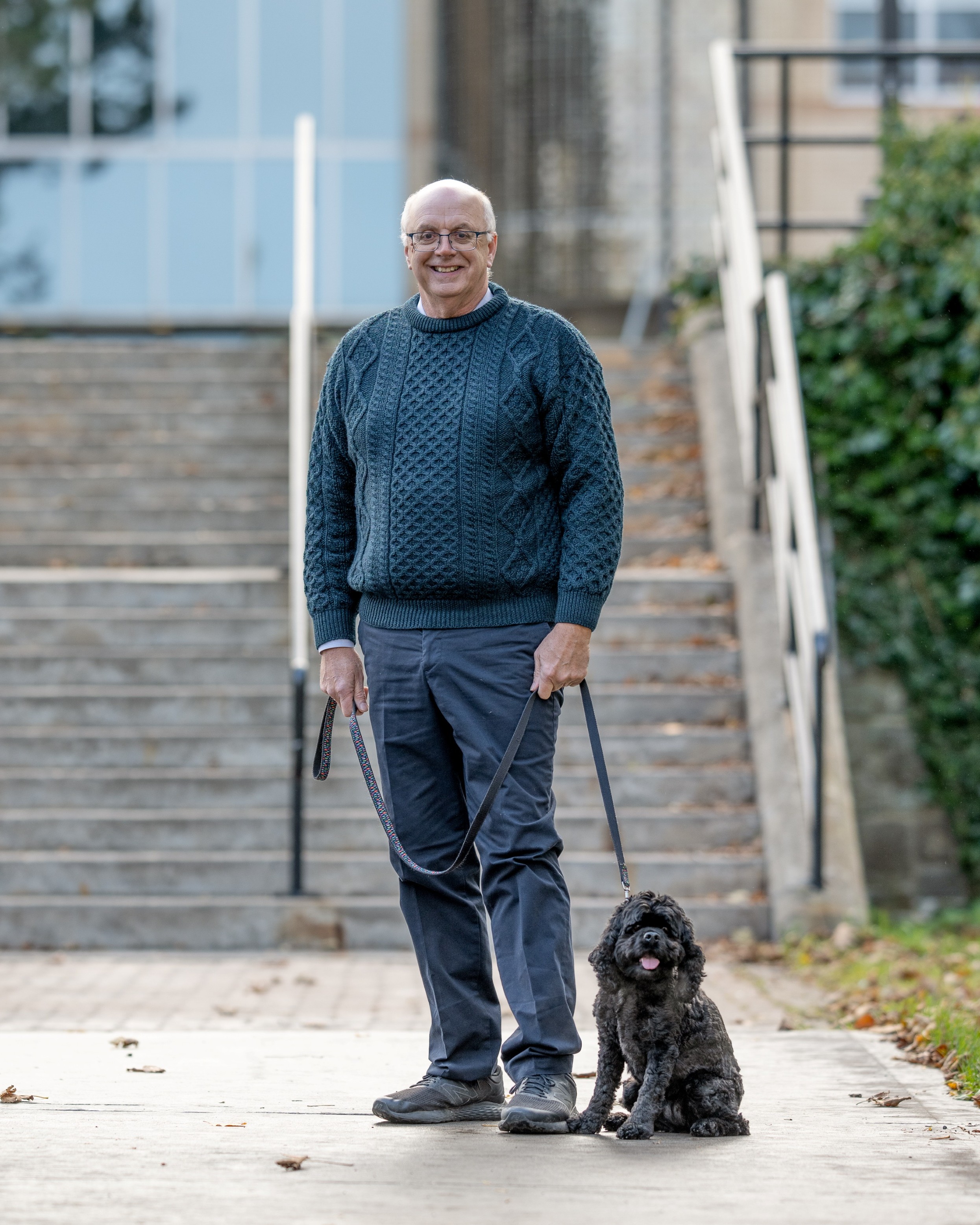
Chancellor, Memorial University and Panel Moderator
Chancellor Earl Ludlow, P. Eng. (retired), ONL, is a graduate of Memorial University who held progressive roles at Fortis Group for nearly four decades. He has been a lifelong volunteer championing health care, rural Newfoundland and Labrador and education, and has given selflessly and enthusiastically to Memorial. His former volunteer positions include chair of the Board of Governors of the Canadian Corps of Commissionaires NL and he served as the Honorary Lieutenant Colonel of the Royal Newfoundland Regiment 1st Battalion. Mr. Ludlow was honoured to be included in the repatriation of the Unknown Solider in June 2024.
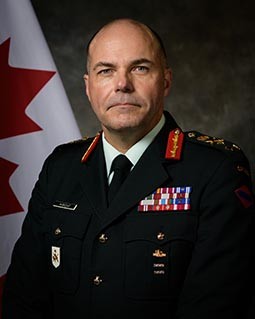
Commander Canadian Army | Panelist
Born and raised in Southern Ontario, Lieutenant-General Wright enrolled in the Canadian Armed Forces in 1990 and joined Princess Patricia’s Canadian Light Infantry (PPCLI) in 1994. He has served in all three Canadian Mechanized Brigade Groups and deployed on operations with all three Regular Force infantry regiments. He spent 11 years with 2 PPCLI in Winnipeg and Shilo, commanding at the platoon, company and battalion level. He also served three years with the Second Battalion of the Royal 22e Regiment. He commanded 2 CMBG from 2017-2018. He was Commander CFINTCOM and Chief of Defence Intelligence from June 2021 to July 2024. On promotion to Lieutenant-General in July 2024, he was appointed as the Commander of the Canadian Army.
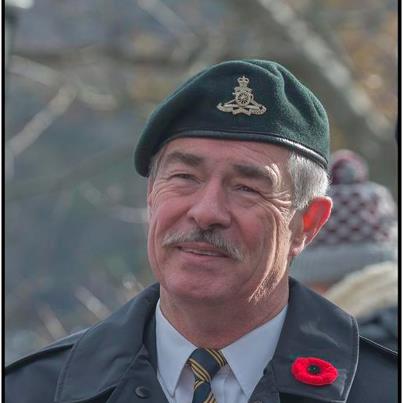
Panelist
Gary Browne, M.O.M., is an author, historian, former member Newfoundland National War Memorial Committee and Unknown Soldier Repatriation Project Committee.
Panelist
Frank Gogos (BA'94) is a Memorial alumnus. His volunteerism and interest in learning has led him to the current chairs of the Royal Newfoundland Regiment Regimental Advisory Council and the Royal Newfoundland Regiment Museum, He is a researcher with the Unmarked Graves Program of the Newfoundland and Labrador Branch of the Last Post Fund, a former public relations officer, historian and archivist for the Newfoundland and Labrador Command of the Royal Canadian Legion, and a historical consultant and a photographer.
He is the author of three books on Newfoundland and Labrador military history, and numerous articles for national and provincial publications. He has been involved in building monuments and memorials in Newfoundland and Labrador, Belgium and Türkiye.
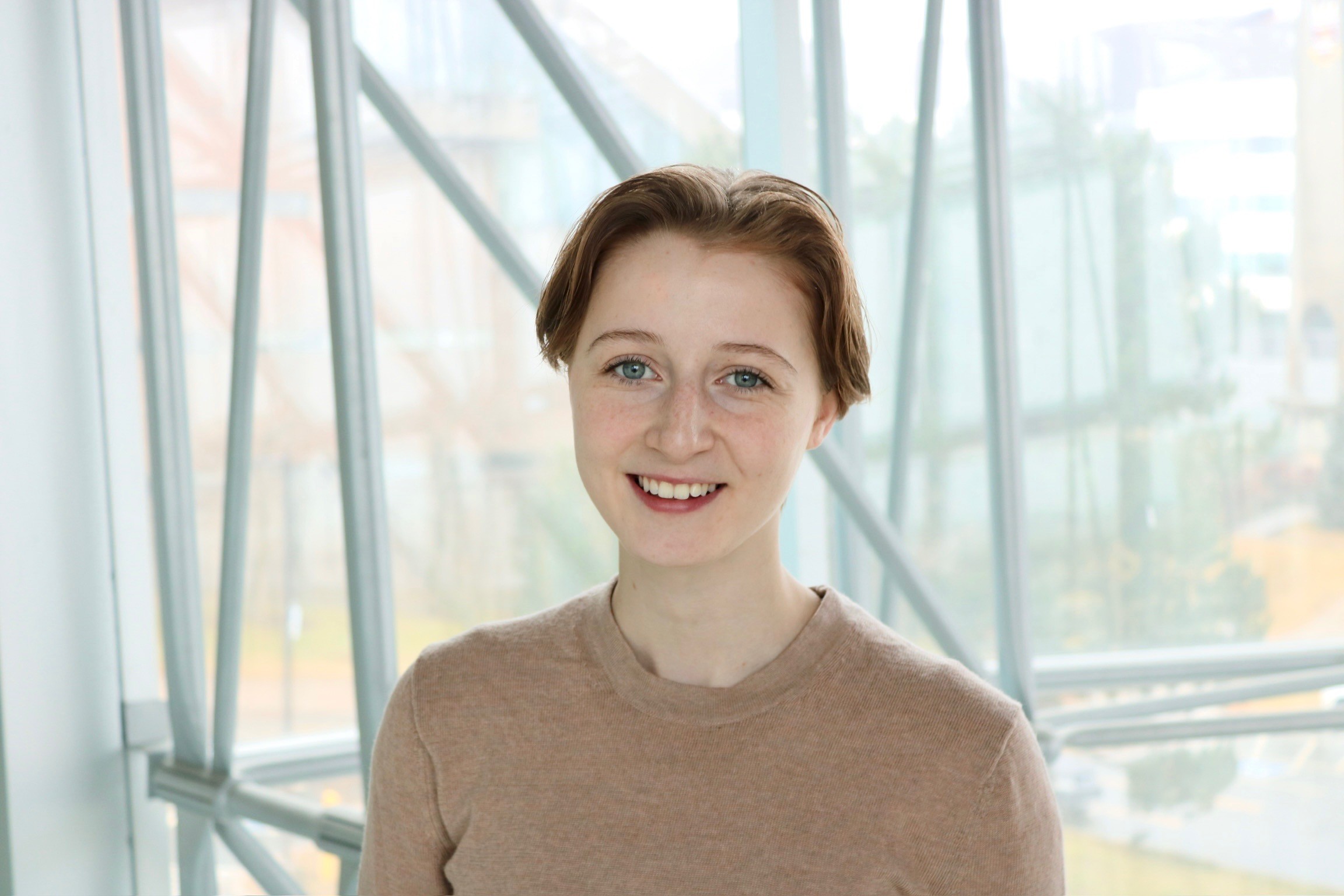
Panelist
Olivia Massey is a student at Memorial University, where she is studying flute performance with a minor in political science, and is a private in the Royal Newfoundland Regiment, serving as a musician in the Regiment Band. She is the first-year representative in the Music Society and a trail leader with the MUN Outdoor Adventure Society.
Her commitment to both the arts and community engagement is reflected in her dedication to fostering meaningful connections through music and mentorship. In 2024, Olivia was honored to participate in the repatriation of Newfoundland and Labrador’s Unknown Soldier, a historic moment that deepened her appreciation for remembrance and the province’s military history.
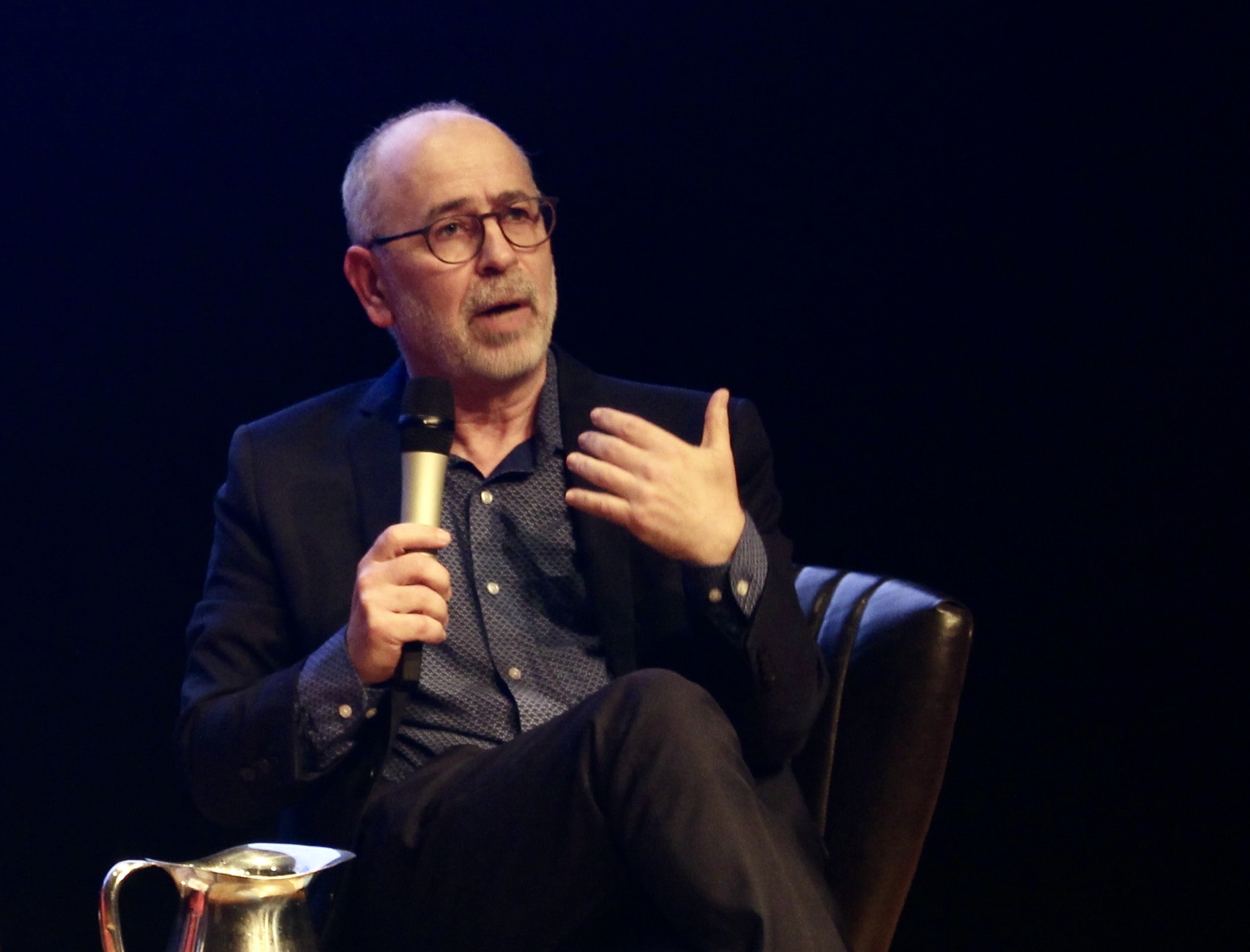
Panelist
Dr. Jeff Webb (BA'85, MA'87) is a professor and head of the history department at Memorial University. He is the author of three books including Observing the Outports, that examines the university scholarship upon Newfoundland society and culture, and most recently, The Cause of Art, that tells the story of the Memorial University Art Gallery’s efforts to foster a professional Newfoundland and Labrador visual art. He has also published numerous essays on a variety of topics. They include a history of the rise and fall of Memorial’s Extension Service. In a project related to that, in collaboration with Derek Norman he made a documentary film, The Films of Fogo Island, that revisited Extension’s and the National Film Board’s pathbreaking development of participatory media as a tool for public engagement.